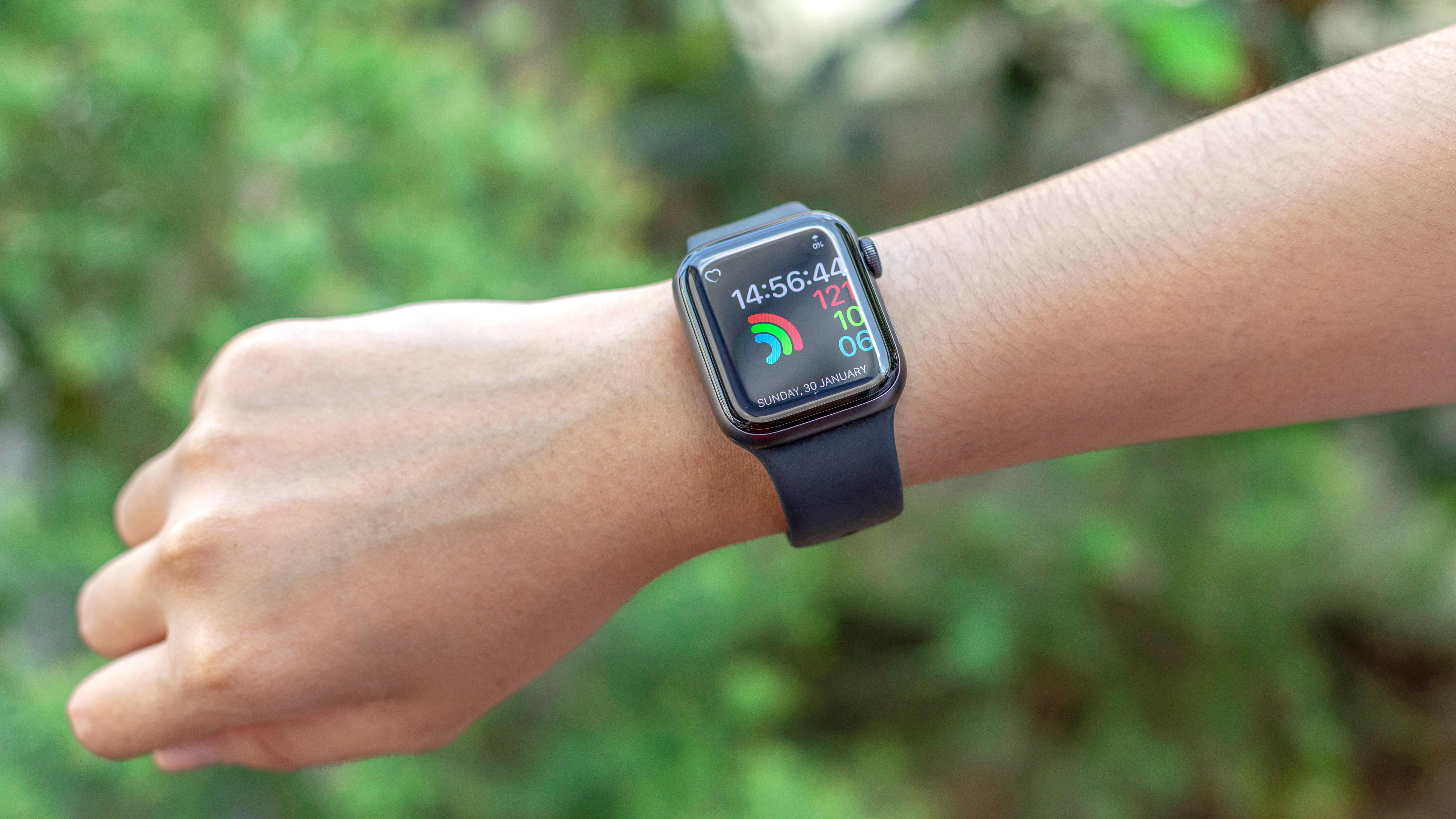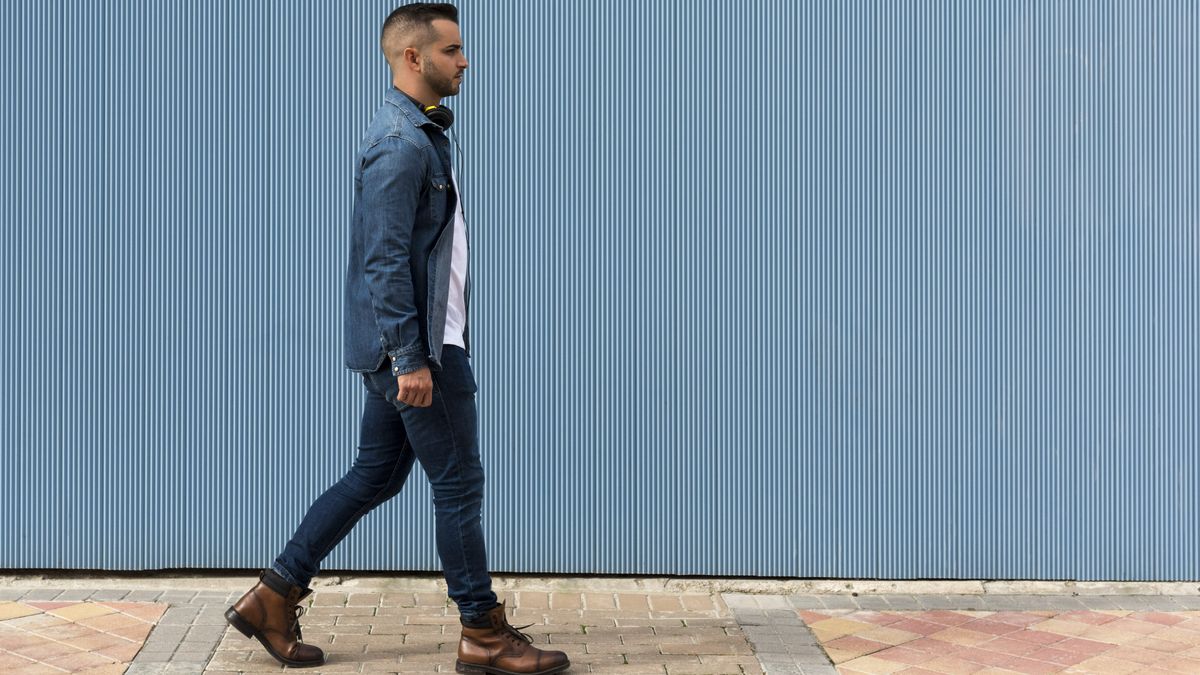I love walking. It’s free, I don’t have to change into workout gear to get started, and it helps me spend time outdoors. Over the past two years, I’ve gone for a 90-minute walk each morning, which has been a great way to ease into the day and boost my wellbeing.
Although I often use the same routes, I keep things interesting by adding in short walking exercises and experimenting with mindful walks to really notice my surroundings. I wear a fitness tracker, but I don’t aim for 10,000 steps, preferring to focus on just spending time outdoors.
Just over two years ago, I wrote about how I added a 90-minute walk into my day for a month for Fit&Well, and it was so transformative, that I decided to stick with the challenge. But a lot has changed as I graduated from four weeks of walking to 24 months.
It’s not always easy to find time for an extended walk, but I’ve learned to be flexible and take opportunities as they arise throughout the day. Here’s what changed for me as I continued my infatuation with getting in some low-impact movement outdoors.
It helped me spend more time outdoors
I love being outside. Whether it’s cold and raining, or warm and sunny, I enjoy getting out of the house, feeling the breeze graze against my skin, and getting to take deep breaths of (relatively) fresh air. But it’s not always easy to find the motivation to step out of the house.
Knowing that the walk was part of my routine helped me stick to it, even if it meant setting an early alarm and heading out before a long day. When I first started walking regularly, I found that I generally felt a lot calmer and less stressed than on days I didn’t head outside.
This helped me turn walking into a habit that I’d default to. I’m fortunate to live in a big city where it’s reasonably easy to walk to the store or the office, so I almost always set off on foot if I can, which helped me explore my local area and learn more about the city.
I noticed nature more
I’ve meditated for almost a decade, but usually practice while sitting down with my eyes closed. In recent months, I’ve been experimenting with different mindfulness exercises, like taking a dedicated mindful walk or using a walking meditation, where the aim is to notice your surroundings.
I almost always have my workout headphones with me to listen to music and podcasts and drown out the world. But it’s been so gratifying to hear the sounds of birds chirping and trees blowing in the wind.
This is a big shift, as I almost always have my workout headphones with me to listen to music and podcasts and drown out the world. But I’ve been trying to break this habit, at least a bit, and it’s been so gratifying to hear the sounds of birds chirping and trees blowing in the wind.
I spend a lot of time in parks where it’s easier to find these experiences, free from the bustle of vehicles, shops and commuters. But I’ve also noticed the hardiness of nature, with plants appearing through cracks in sidewalks, or, impressively, mushrooms growing in damp urban spaces.
It helps that many local authorities recently embraced No Mow May, leaving large swathes of green spaces to flourish and take on a more wild appearance. Although the practice isn’t universally popular, I loved the return of butterflies and birds to the area.
I stopped quantifying my walks
As a fitness editor, I test a lot of fitness trackers and sports watches. These can be a great way to motivate yourself to move and track your progress, but I’ve had a complicated history with the default 10,000-step goal on most of these wearables.

For a while, I became beholden to it, walking around the house before bed just to ensure I hit the target. Now, I get most of the way there with my 90-minute morning walk, but I’ve also found that ignoring the target actually works best for me.
My tracker of choice is the Withings ScanWatch 2, a hybrid smartwatch with an analog watch face and a small black and white LED for essential metrics. But as you can tell the time without activating the digital display, it’s been easier to let the numbers fade into the background.
The data still syncs to the companion app, so I can take a look at longer-term trends, but I prefer being in the moment while I walk, which has been a big shift but a great one for my wellbeing. Plus, as it turns out, you don’t really need to hit 10,000 steps a day anyway.








:max_bytes(150000):strip_icc()/roundup-writereditor-loved-deals-tout-f5de51f85de145b2b1eb99cdb7b6cb84.jpg)


